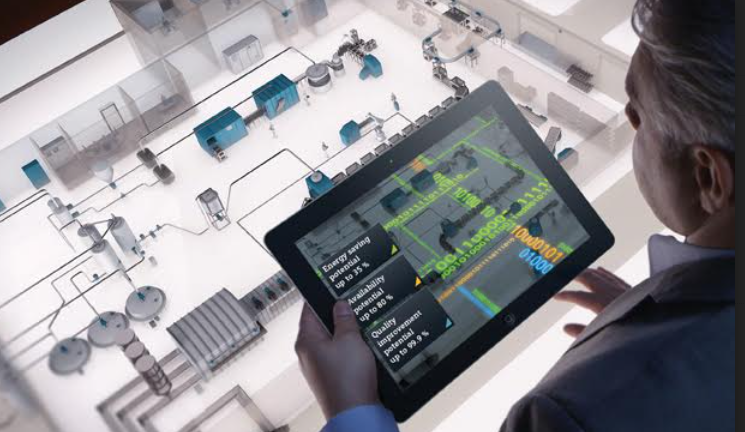Across numerous verticals, the significance of data has been growing constantly. Do you know why? Well, in today’s data-driven world, businesses and organisations have access to an abundance of information. The true scope of data analysis is more than data collection. It has become a revolutionary way to operate and drive strategic decision-making. While it helps to monitor numbers for using them to our advantage, data analytics has become a valuable part of our everyday life.
Whether it is for business purposes or residential, data analytics has one thing or another for everyone. Adding data analytics to the BMS system or building management systems has been a revolutionary step. This collected data can help derive power-related solutions for a commercial or residential building. Let’s move further on to in-depth details on the importance of data analytics in the BMS system.
How is Data Analytics Important for a BMS System?
Data analytics has been a game-changer for many industries, and its inclusion in a building management system has been equally helpful. By harnessing the power of technological advancements, whether you are a residential or commercial building owner, you can enjoy the following benefits:
-
Smarter Energy Management
Data analytics makes a building management system smarter by enabling it to record energy consumption data. One can analyse the data collected from sensors, meters, and other devices in commercial or residential buildings. In addition, it helps to develop energy-efficient, cost-reducing, and eco-friendly strategies, thus contributing towards a sustainable future.
-
Optimising Energy Efficiency
Whether they belong to businesses or residents, buildings are a significant energy consumer globally. The foremost advantage of data analytics in a BMS system is that it helps ensure that a building operates efficiently. While buildings account for a huge amount of power consumed worldwide, data analytics assist in optimising the power consumption levels. It helps to reduce costs, identify usage behaviour, and suggest tailored solutions.
-
Fault Detection and Predictive Maintenance
Data analysis in a BMS system is an effective approach to comprehending the data of previous usage patterns. With such a proactive technology added, it can easily predict any equipment failure beforehand. This further helps to take precautions even before any detected fault becomes bigger. Thus, enabling the building owner to work on strategic maintenance, avoiding costly repairs and minimising the disruption in the building operations. As a result, predictive maintenance reduces maintenance costs, extends equipment lifespan, and ensures uninterrupted building functionality.
-
Occupancy Management:
Adding data analytics into BMS contributes to a comfortable and safe environment for occupants. The HVAC and lighting system adjustment becomes streamlined by comprehending the insights derived from various data sources. While it maximises the efficient use of resources, it also helps to reduce operational costs and enhance overall productivity.
-
Security and Safety
Data analytics in a BMS system has a significant part to play while ensuring the safety and security of buildings. Integration of such advanced technology proves to be useful in access control, surveillance, fire detection, and many other areas. It is a great tool for identifying any potential threats or security breaches.
-
Continuous Improvement and Future Planning
While data analytics has several immediate benefits in a BMS system, it plays a crucial role in continuous improvement. One can make informed decisions regarding energy conservation measures by leveraging data and identifying performance trends. As a result of this data-driven approach, one can ensure that building management systems evolve and easily adapt to the changing needs and technological advancements.
Conclusion
Now that you know the importance of data analytics, we can conclude that it is a useful approach to make a BMS system more efficient. Its revolutionary integration into the building management system has many proven benefits for commercial and residential building owners. If you look forward to installing such an advanced BMS in your building, connect with a reputable brand today!








Leave a Comment
You must be logged in to post a comment.